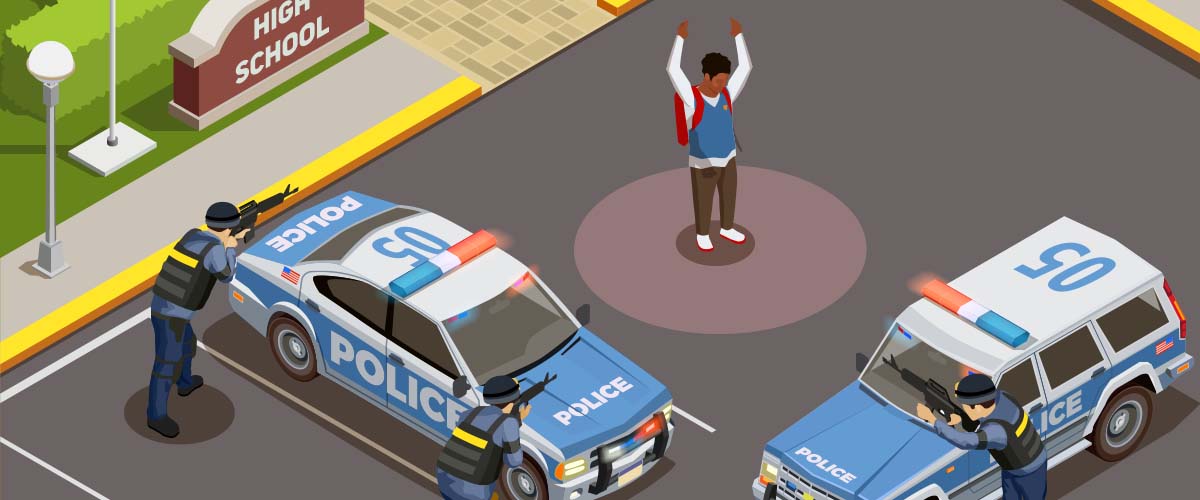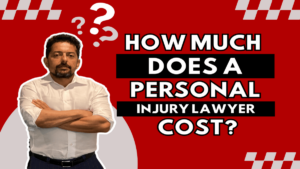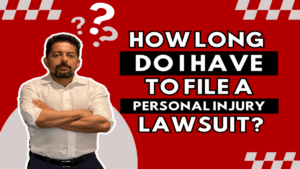In recent years, police misconduct and brutality have been on the rise all over the world. Based on the most recent data, the World Population Review reported that 933 people have lost their lives due to police misconduct and brutality in the United States but did you know that you can sue the police? There are many other places where police misconduct and brutality are worse. Listed below are countries with the most police killings.
- Venezuela (1632.70)
- El Salvador (954.50)
- Syria (831.60)
- Philippines (542.90)
- Nicaragua (522.70)
- Palestine (508.00)
- Jamaica (472.70)
- Trinidad And Tobago (339.70)
- Brazil (293.20)
- Bahamas (275.70)
What Is Police Misconduct?
Police misconduct is when an officer on or off duty, violates another person’s constitutional rights. Police officers have the right to enforce the law when they deem it necessary. However, police can occasionally abuse this “Power.” For example: failing to follow police procedures for the department they work for is considered unethical behavior. Any police officer that does not follow procedures can be disciplined for misconduct.
Some other common forms of police misconduct include:
- Harassment
- Discrimination
- Excessive force
- Rights Violations
- False or wrongful arrest

Misconduct vs Brutality
According to Britannica , police brutality is “excessive and often illegal use of force against civilians by U.S (United States) police.” Brutality can be deemed as assault, battery, mayhem, torture and even murder. The main difference between misconduct and brutality is force vs procedure and rules. Sadly, we have seen a sizable number of both misconduct and brutality within recent years.
Since 2014, the Kansas City Police Department has paid out about $10 million for brutality and excessive force claims due to reckless shootings, beatings during traffic stops and other incidents.
When Can I Sue and How?
Winning a case against the police can be challenging but certainly doable. In most cases you will have to prove either some sort of misconduct or brutality. It is important to make sure that you have enough evidence and keep track of the statute of limitations. The National Association for Civilian Oversight of Law Enforcement strongly encourages victims to follow the steps below:
- Talk to a Civil Rights Lawyer
- File an internal complaint with the police department.
- Document ALL evidence.
- Send a demand letter to the police department
- File a lawsuit
- Prepare for trial
Do I need an attorney?
It is important to contact a knowledgeable criminal attorney or a civil rights lawyer. These two are more than likely experienced in the field and can provide adequate help for victims. At Devkota Law firm, we can assist you throughout the entire process. Our attorneys are compassionate and ready to review your case and advise you on what steps to take. Give us a call at 816-312-5253 and remember to stay safe…























